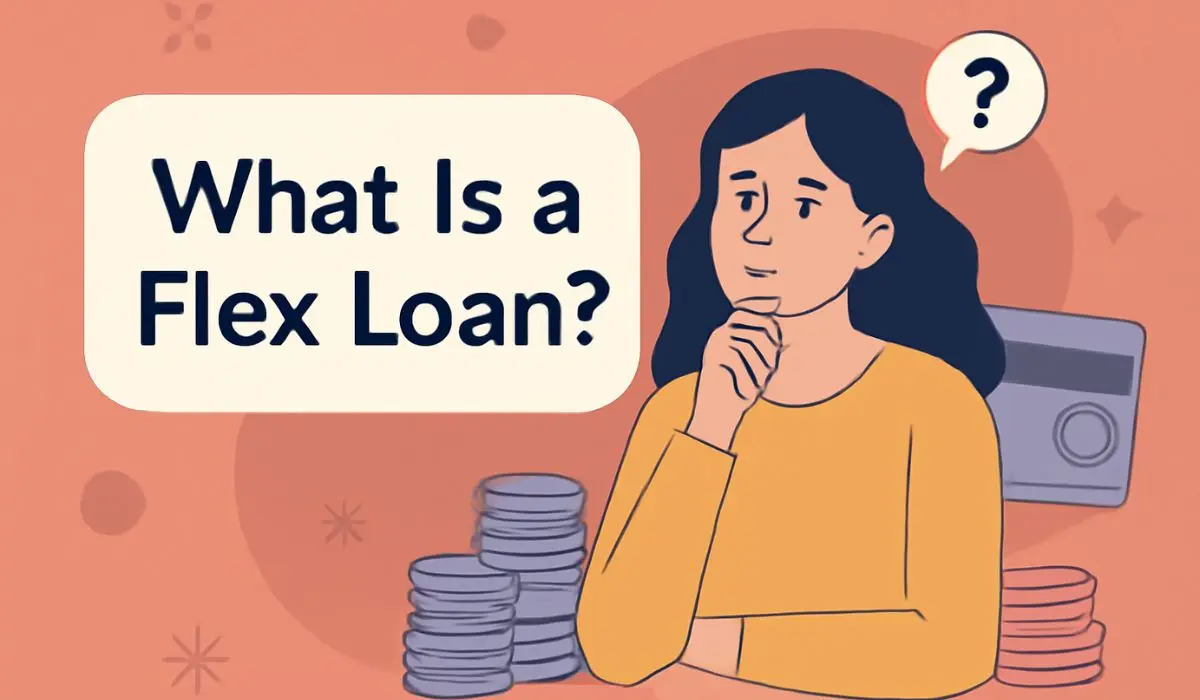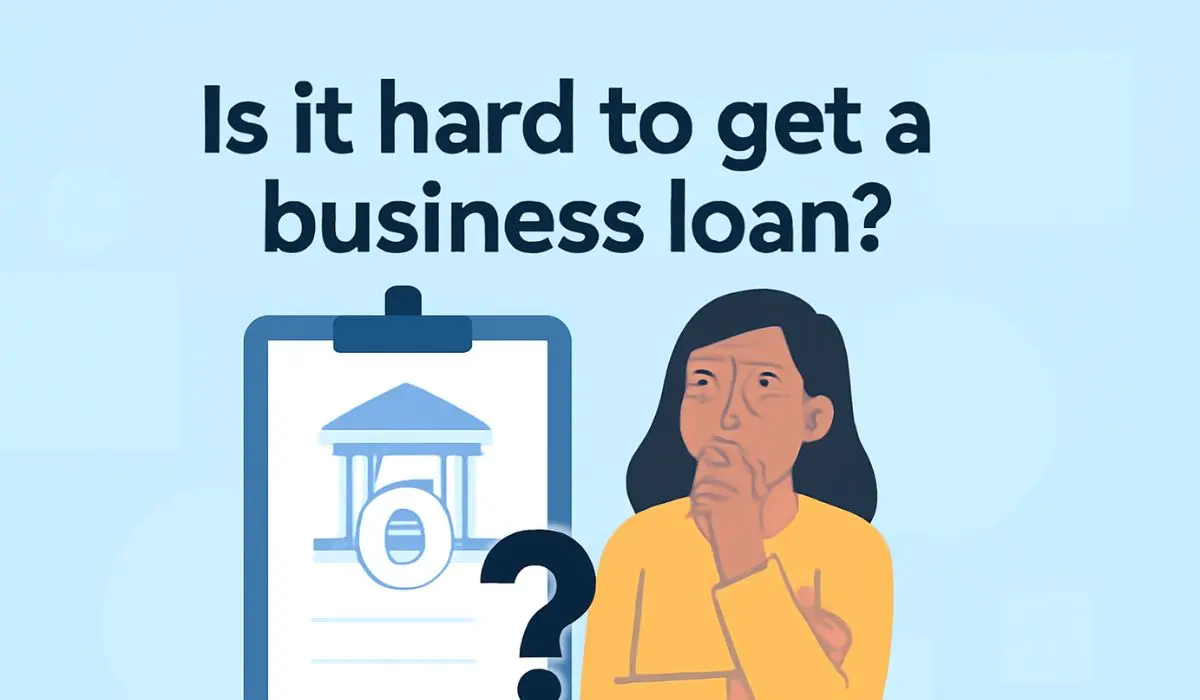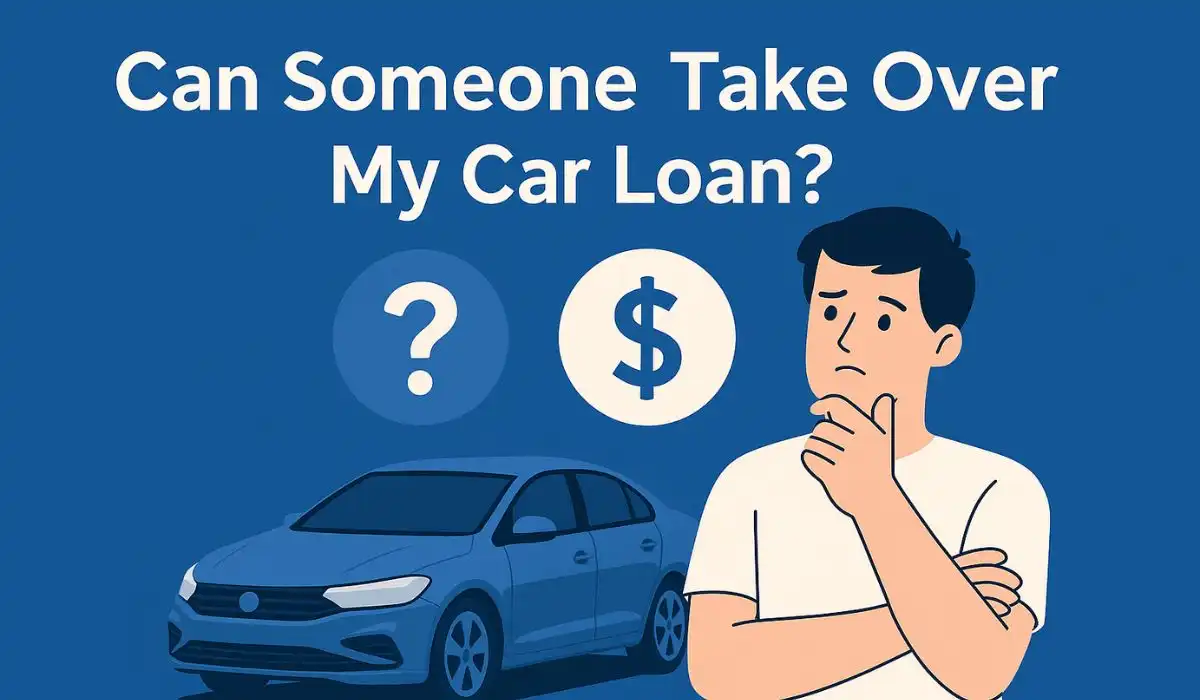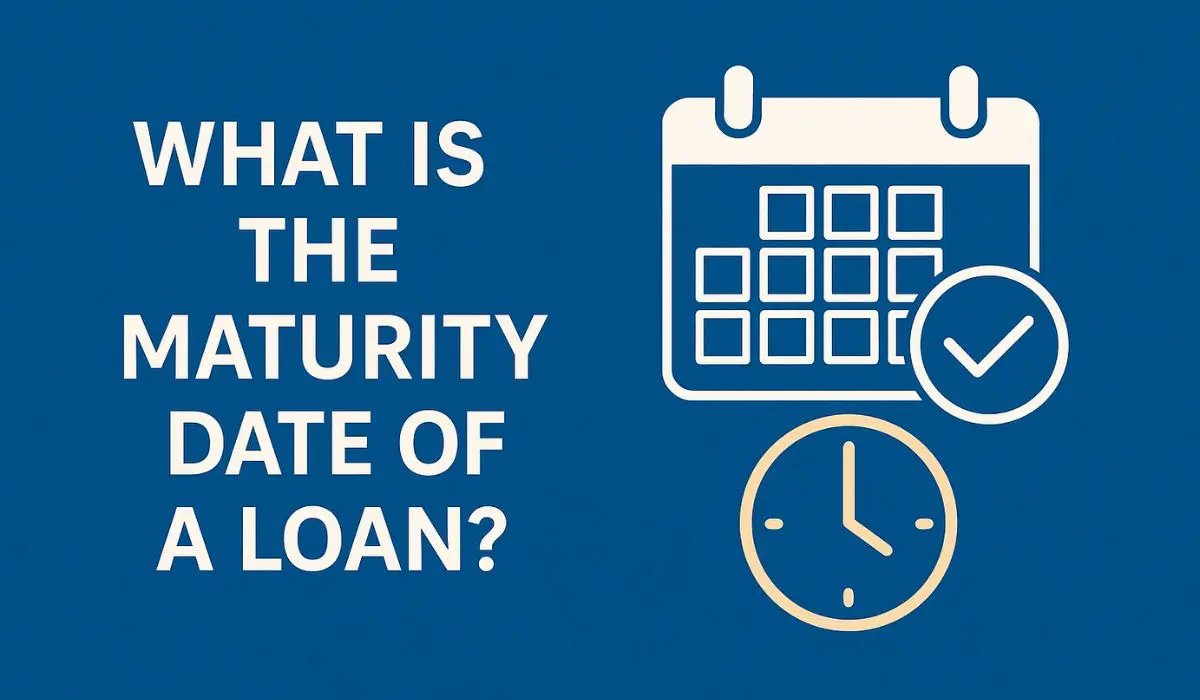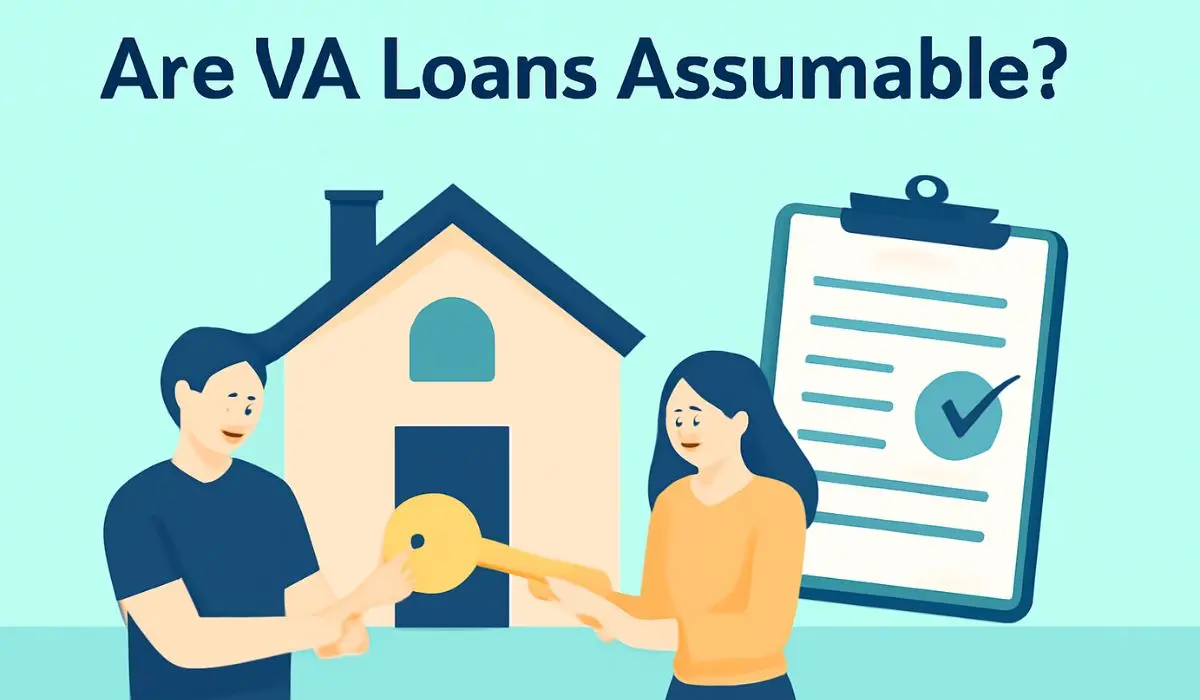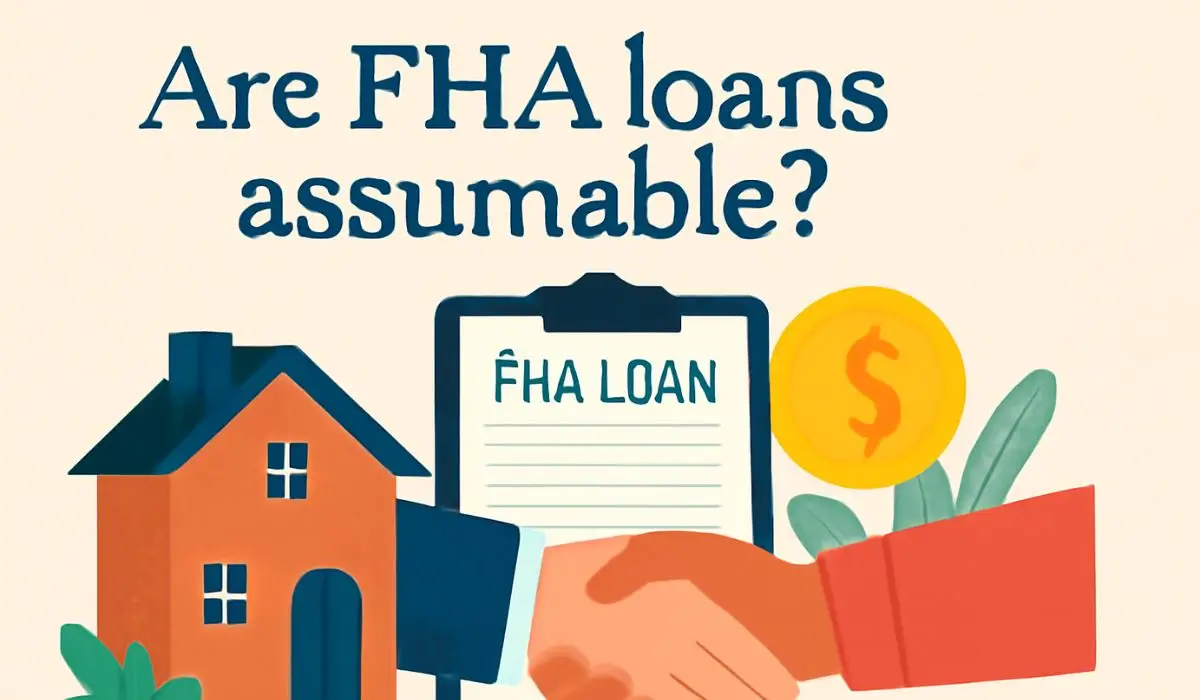Have you ever needed money fast but didn’t want to take out a big loan? A flex loan might be the right option for you. A flex loan is a type of credit that allows you to borrow money up to a certain limit and pay it back over time.
You can borrow, repay, and borrow again, similar to how a credit card works. In this article, we’ll break down what a flex loan is, how it works, its benefits, and the risks involved.
What Is A Flex Loan?
A flex loan is a type of unsecured line of credit, which means you don’t need to put up any property or assets to secure the loan. You are given a credit limit, and you can borrow money up to that amount whenever you need it.
Once you borrow, you’ll have to pay back the amount you borrowed, plus interest. The key difference between a flex loan and a regular loan is that you can borrow money repeatedly as long as you don’t exceed your credit limit.
In many ways, a flex loan works just like a credit card. You can borrow as needed, pay some of it back, and borrow more, as long as you’re within your limit.
How Does A Flex Loan Work?
Here’s how a flex loan works:
- Application Process: To get a flex loan, you apply with a lender, and they approve you for a certain amount, known as your credit limit. Your credit limit is based on your creditworthiness, income, and sometimes other factors.
- Borrowing Money: Once you’re approved, you can borrow up to your credit limit. For example, if you have a credit limit of $5,000, you can borrow up to that amount.
- Repaying Money: Every month, you must make at least the minimum payment. But you can pay off more if you want to get rid of your debt faster. As you pay off the borrowed money, your credit limit goes back up, so you can borrow more again.
Benefits of a Flex Loan
Flex loans have some big advantages:
- Quick Access to Money: If you need money fast, a flex loan can help. Once you’re approved, you can borrow the money almost immediately.
- Flexibility: You can borrow as needed and repay over time. It’s perfect if you have unexpected expenses, like medical bills or car repairs.
- No Collateral Needed: Since it’s an unsecured loan, you don’t have to put up anything (like your car or home) to secure the loan.
- Easy to Get: Flex loans are often easier to qualify for, especially if you have bad credit or a limited credit history.
Risks and Disadvantages of Flex Loans
While there are many benefits, there are also some risks to be aware of:
- High Interest Rates: Flex loans usually come with high interest rates. If you only make the minimum payments, you could end up paying a lot more than you borrowed.
- Debt Can Pile Up: Since you can borrow repeatedly, it’s easy to keep borrowing without paying off your debt. This can lead to debt accumulation over time.
- Fees: Some lenders charge extra fees, such as transaction fees or maintenance fees, for using a flex loan. It’s important to understand all the costs involved.
Flex Loans vs. Personal Loans
A personal loan is another option for borrowing money. Here’s how a flex loan compares:
- Flex Loans: These loans are like credit cards. You can keep borrowing and repaying repeatedly up to your credit limit. You only need to make the minimum payment each month, but the interest rates can be higher.
- Personal Loans: Personal loans give you a set amount of money that you must repay in fixed monthly payments. They usually have lower interest rates compared to flex loans, but once you borrow the money, you can’t borrow again unless you take out a new loan.
Alternatives to Flex Loans
If you’re considering a flex loan but are worried about the costs or risks, here are some alternatives:
- Personal Loans: These loans offer a fixed amount of money with lower interest rates than flex loans. However, you don’t get to keep borrowing like you do with a flex loan.
- Credit Cards: Like flex loans, credit cards allow you to borrow money as needed. But credit cards often have lower interest rates if you pay off your balance in full each month.
- Payday Loans: These are short-term loans, but they often come with very high interest rates. They should only be used as a last resort.
- Borrowing from Family or Friends: If you need money urgently, borrowing from a friend or family member may give you more flexibility and potentially no interest.
Is a Flex Loan Right for You?
A flex loan can be a good option if you need quick access to cash and don’t want to deal with the hassle of applying for a traditional loan. However, before you take out a flex loan, you should think about whether you can afford to pay it back. If you only make the minimum payments, the debt can grow over time, and the interest costs can add up quickly.
Conclusion
In conclusion, a flex loan is a flexible way to borrow money without collateral. It works like a credit card, giving you access to a line of credit that you can borrow against as needed. While it offers many benefits like quick access to money and flexibility, the high-interest rates and fees can make it an expensive way to borrow if you’re not careful.
Before getting a flex loan, make sure you fully understand the terms and can manage the debt. Consider alternatives if you’re unsure about taking on high-interest debt.
FAQs
The downsides of a flex loan include high-interest rates, potential for accumulating debt, and extra fees. The flexible borrowing can lead to continuous debt if only minimum payments are made.
A Flexi loan can be good for short-term cash needs if you have no other borrowing options. However, due to high-interest rates and fees, it’s important to consider your ability to repay the loan.
The repayment term for a flex loan depends on the lender and the amount borrowed. Generally, you must make monthly minimum payments, but you can repay more quickly if you wish.
No, a flex loan is not the same as a payday loan. While both offer quick access to cash, payday loans are typically small, short-term loans with extremely high-interest rates, whereas flex loans are revolving lines of credit.
A flex loan can affect your credit score depending on your payment history. Missing payments or accumulating too much debt can negatively impact your credit.
The credit score needed for a flex loan varies by lender. Some lenders may approve applicants with lower credit scores, but higher scores often result in better terms and lower interest rates.
